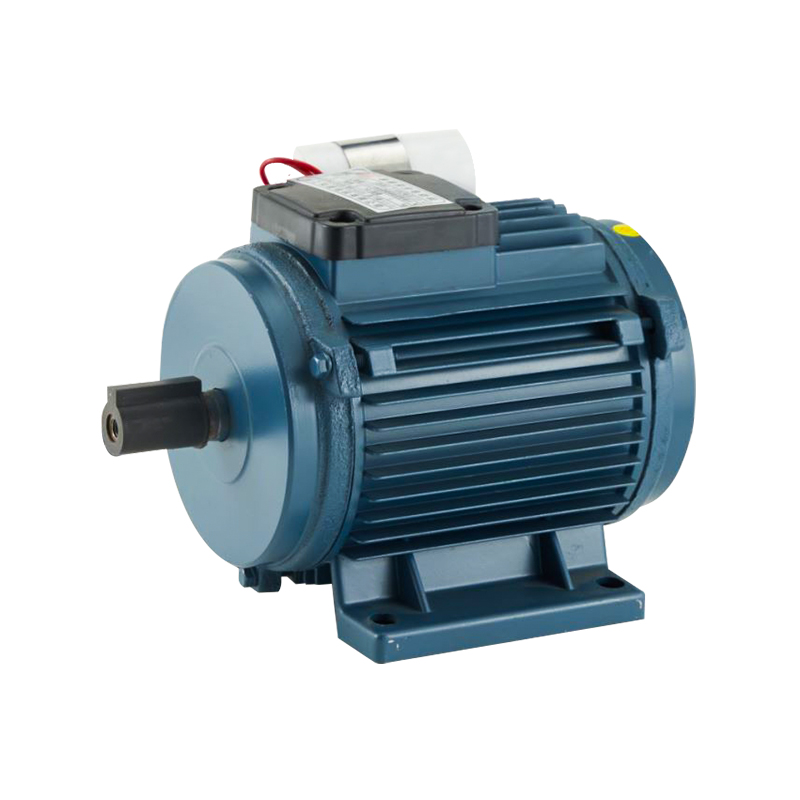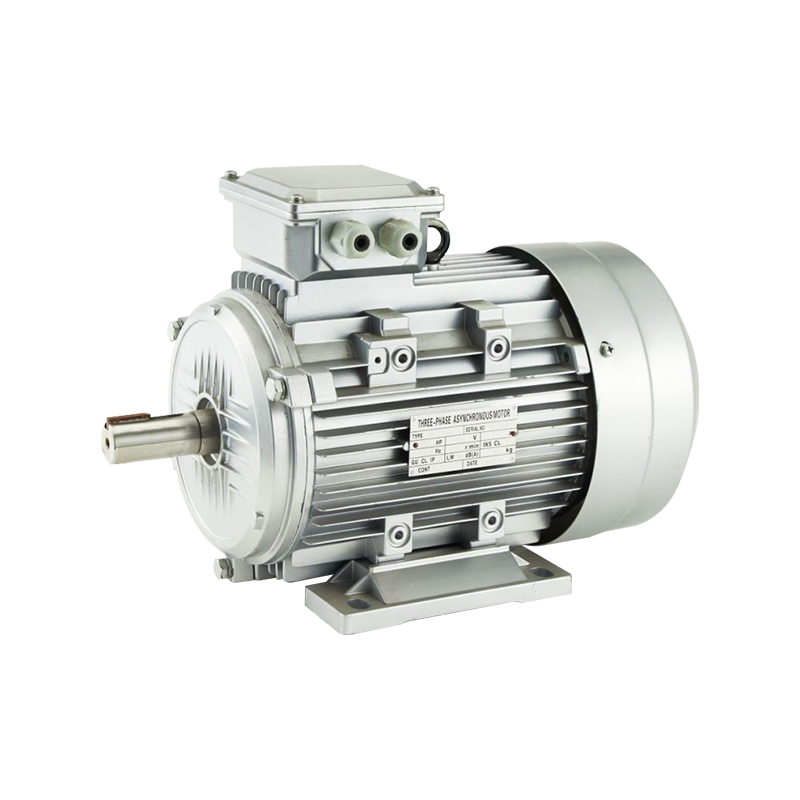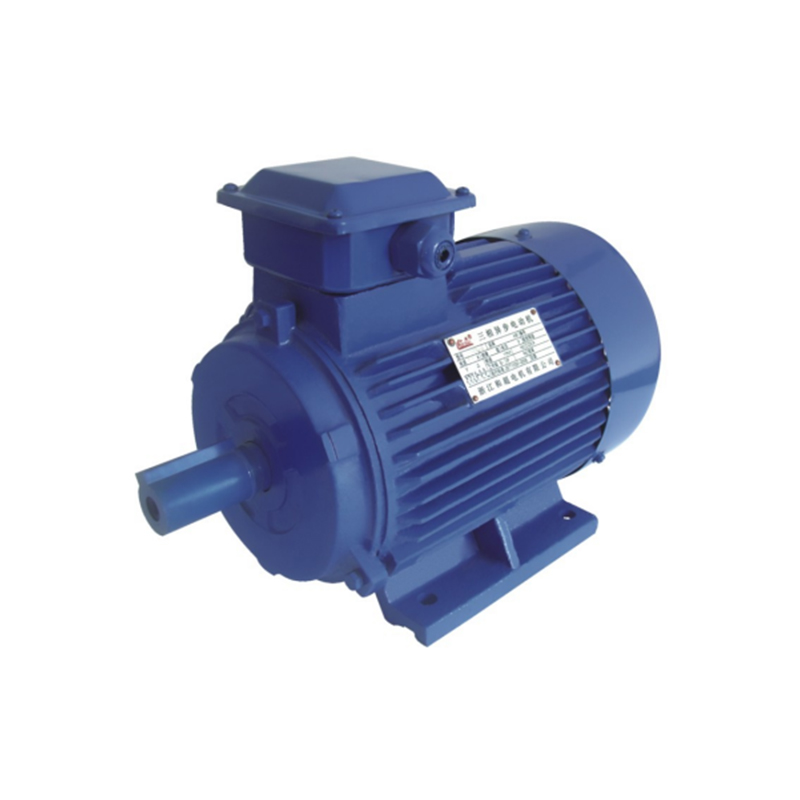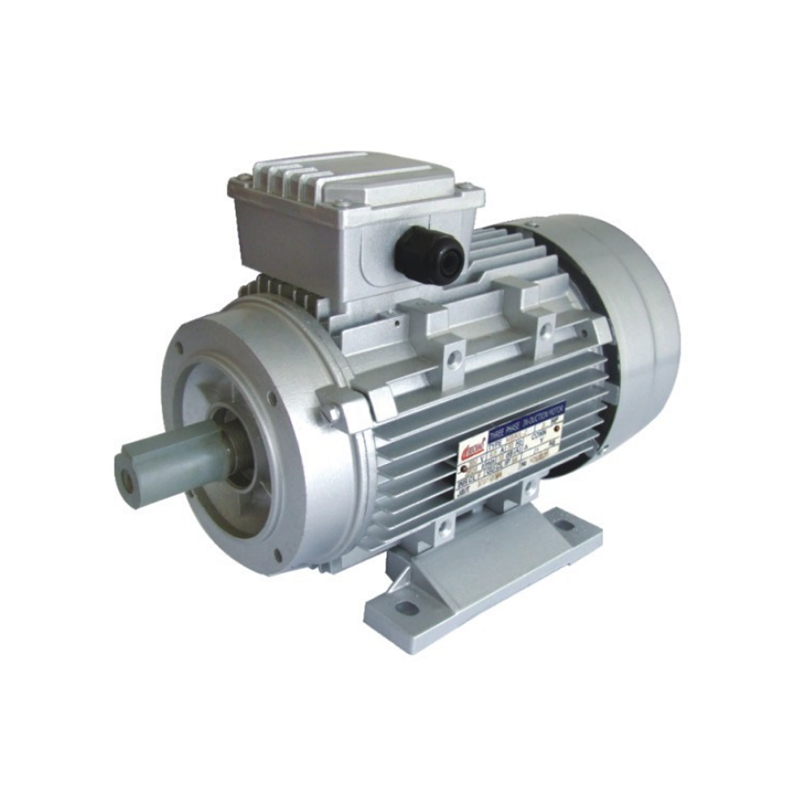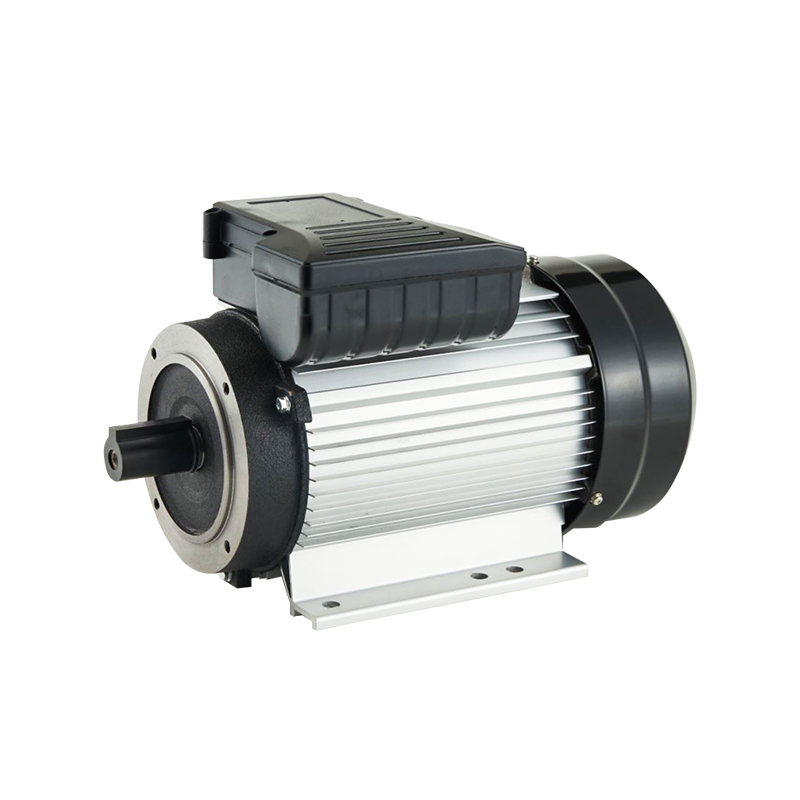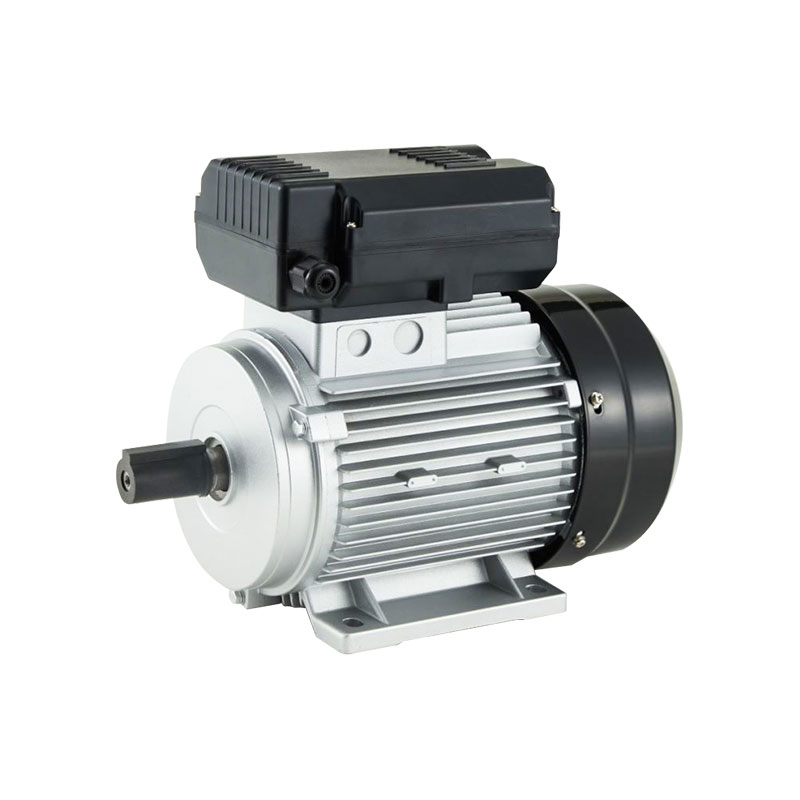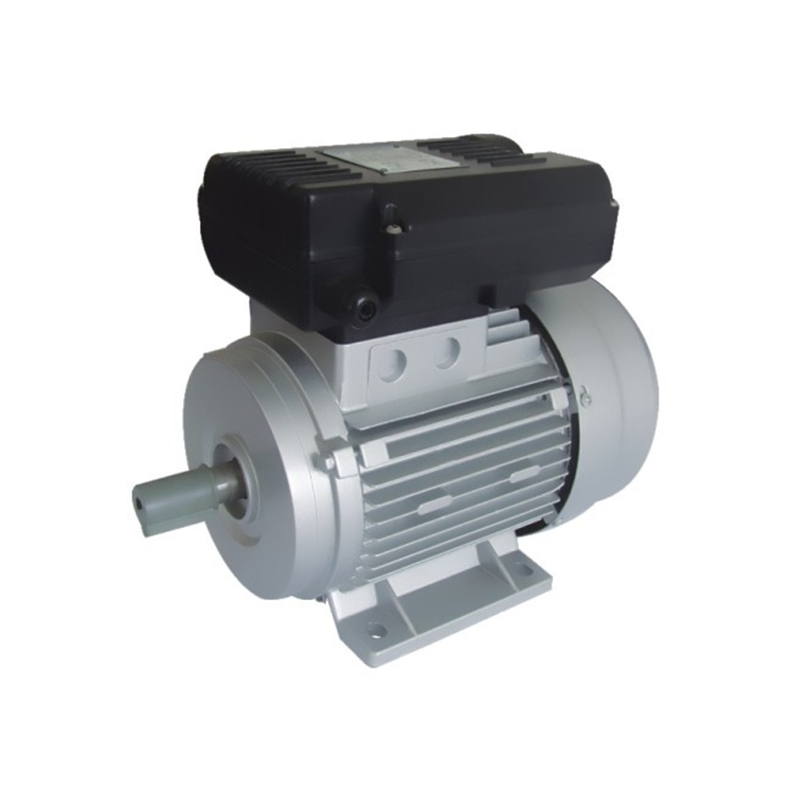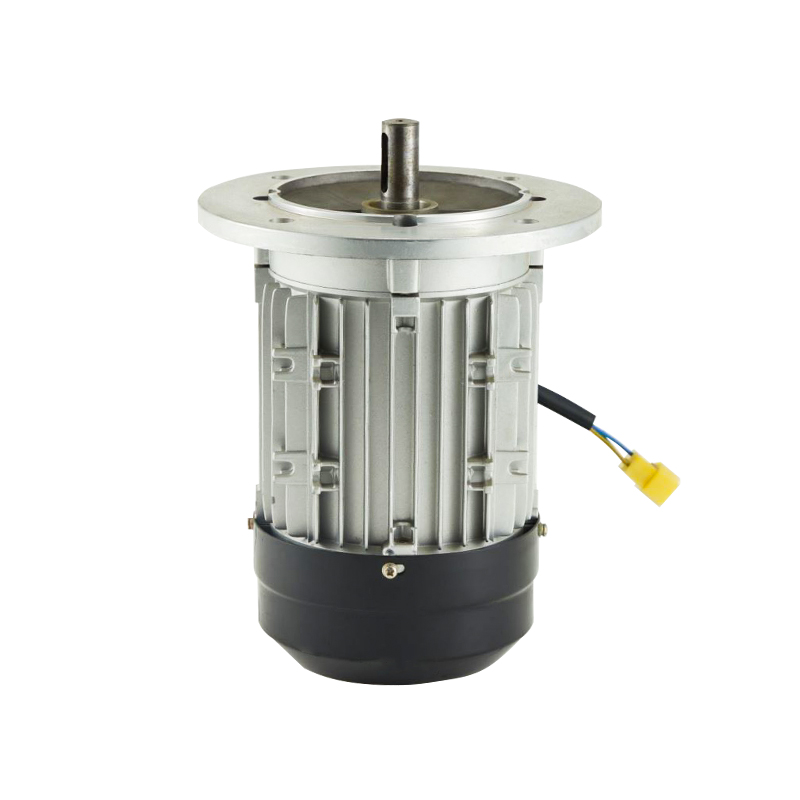Cleaning machines, whether used in commercial, industrial, or residential environments, are vital to maintaining cleanliness and hygiene. However, like any mechanical system, Cleaning Machine Motor can experience issues that affect their performance. As a trusted electric motor manufacturer, Zhejiang Hechao Motor Co., Ltd. understands the challenges users face when it comes to troubleshooting motor problems.
Common Issues with Cleaning Machine Motors
1. Motor Not Starting
One of the more frustrating problems with any electric motor is when it fails to start. This can be due to several factors, ranging from electrical issues to mechanical malfunctions.
Possible Causes:
Power Supply Issues: Ensure the motor is connected to a power source and that the circuit is intact. Check the power switch, fuses, and breakers for any issues.
Overload Protection: Many cleaning machines are equipped with overload protection, which shuts down the motor if it draws too much current.
Faulty Wiring or Connections: Loose or damaged wiring can prevent the motor from starting. Inspect all electrical connections for wear and tear.
Solution:
Check the power supply and ensure the circuit is functioning.
Reset the overload protection if necessary.
Inspect wiring and replace any damaged components.
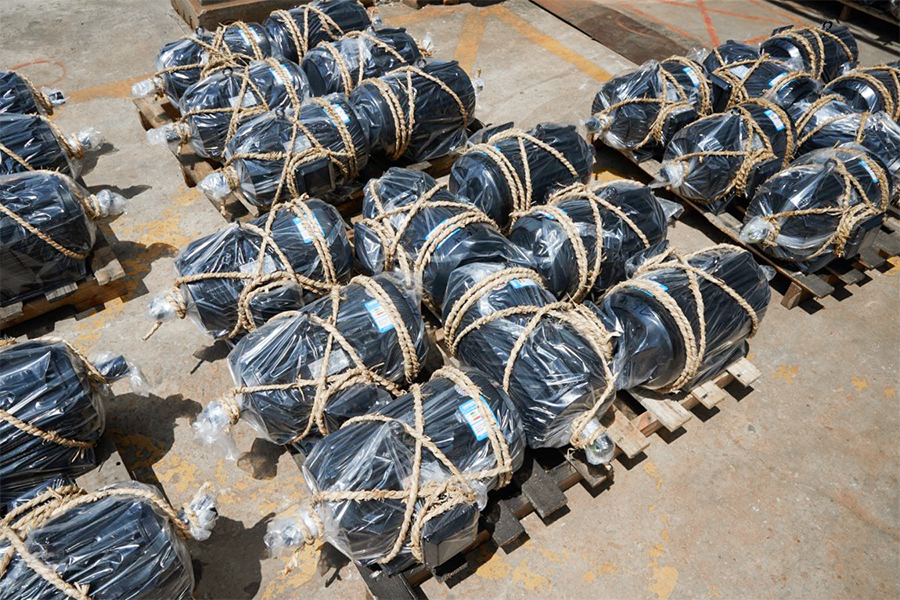
2. Motor Running But Not Reaching Full Speed
In some cases, the motor may start, but it won’t reach the expected speed or power output. This issue can be particularly problematic for Cleaning Machine Motors, as it affects cleaning performance.
Possible Causes:
Insufficient Voltage: Motors require a certain voltage to run at full speed. If the voltage is too low, the motor may run slower than usual.
Worn Brushes: In brushed motors, worn-out brushes can cause a decrease in motor speed and efficiency.
Faulty Capacitors: Some motors use capacitors to improve startup performance and running efficiency. A faulty capacitor can result in poor motor performance.
Solution:
Verify the voltage supply and ensure the motor is receiving the proper voltage.
If the motor uses brushes, check them for wear and replace them if necessary.
Inspect and replace faulty capacitors.
3. Overheating
Overheating is a common issue in electric motors, especially in machines that run for long periods. Cleaning Machine Motors, which often operate in demanding conditions, are prone to overheating if not properly maintained.
Possible Causes:
Lack of Ventilation: If the motor is not receiving enough airflow, it can overheat. Check for any obstructions or debris blocking ventilation openings.
Overuse: Running the motor for extended periods without breaks can cause to overheating. Make sure the motor is not being overworked beyond its rated capacity.
Lubrication Issues: Motors that are not properly lubricated can experience friction that generates excessive heat.
Solution:
Ensure the motor is well-ventilated and free of obstructions.
Avoid overloading the motor by adhering to the manufacturer’s recommended operating times.
Regularly lubricate moving parts to prevent friction and heat buildup.
How to Maintain Your Cleaning Machine Motor
Prevention is always better than repair, and regular maintenance can go a long way in extending the life of your motor and avoiding common issues. Here are some basic maintenance tips for Cleaning Machine Motors:
1. Regular Inspections
Inspect your motor and the entire cleaning machine regularly for signs of wear, tear, or damage. Pay close attention to the electrical wiring, brushes, bearings, and capacitors.
2. Cleanliness is Key
Dust, dirt, and grime can build up in the motor, causing it to overheat or fail. Regularly clean the motor and ensure it is free from debris.
3. Proper Storage
When not in use, store your cleaning machine in a dry, clean environment.

